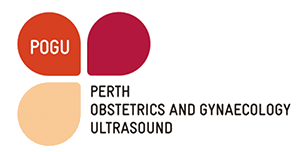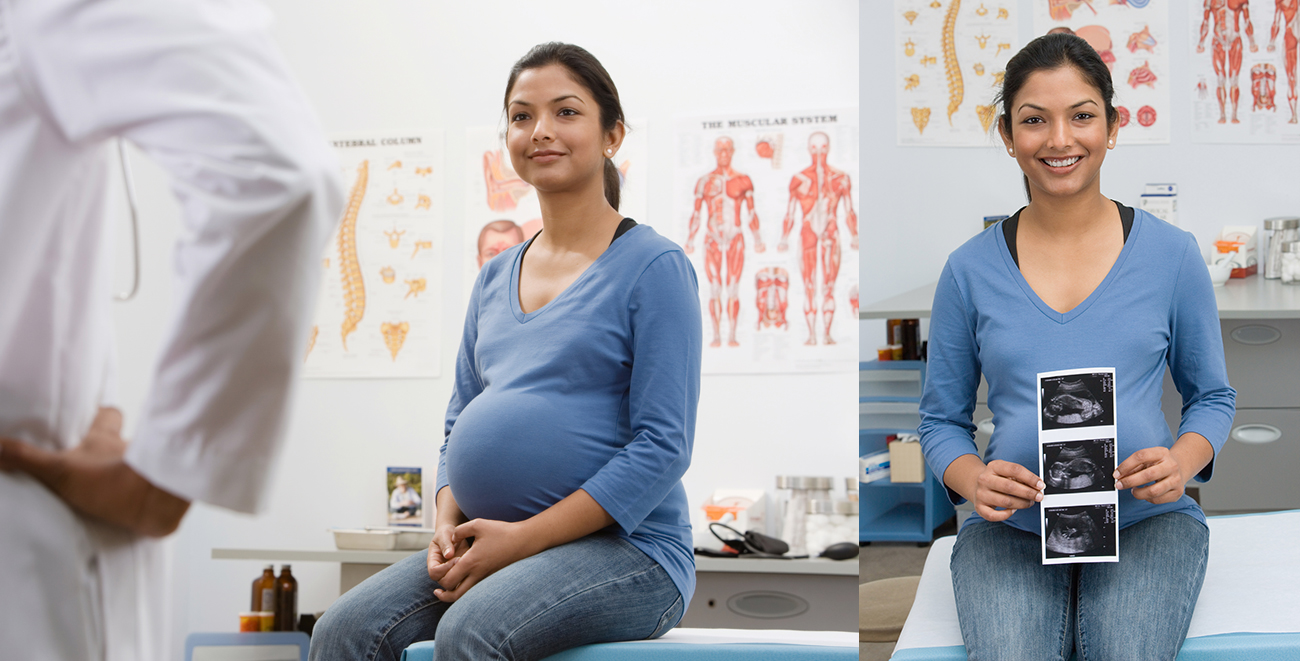Fetal anatomy survey at 19 weeks is the main ultrasound examination of the fetus during pregnancy. The anatomy survey is also called as 19-week scan, anomaly scan or morphology scan.
What is the aim of anatomy survey?
- To measure the fetal size and assess early fetal growth
- To assess the placental position
- To assess amniotic fluid volume
- To examine the basic anatomical structures of the fetus in detail.
Why is the anatomy survey timed at 19 weeks?
The fetal anatomical structures are large enough at this gestation to be examined properly. The size of the fetus and the amount of amniotic fluid surrounding the fetus are ideal for getting enough details of most of the structures. If severe abnormalities are detected, it is still early enough for parents to consider all the options regarding the pregnancy.
Do I need a full bladder when I come for this scan?
We do not require a large amount of urine to image the baby at this stage of pregnancy. Drinking 2 glasses of water 1 hour prior to the scan is all what is needed. The urine in your bladder helps to lift the baby out of your pelvis into the abdomen, hence making the examination easier to perform. A partially full bladder is also helpful to outline the cervix and the relationship of placental position to the cervix.
Can I find out the sex of my baby?
If you wish to find out the gender of the baby, please let us know at the start of the examination. It is often possible to find out the gender, though it depends on the fetal position and cooperation at the time of the scan. Ultrasound is never 100% accurate in determining fetal sex.
Will I receive the pictures of my baby?
We routinely provide you with few thermal images and DVD of selected portions of the examination. We also routinely endeavor to obtain nice 3D/ 4D images of your baby’s face. However if the baby is not in a favorable position or if your body habitus doesn’t allow optimal imaging this may not be possible.
Can I bring my partner/ support person to the scan?
You are most welcome to do so. If you are planning to bring your children with you, we ask an adult to attend to look after them. Anatomy survey is an important examination and children can be very distracting to the examiner though it is not an issue most of the time.
Can Down syndrome be diagnosed on 19-week scan?
Down syndrome is due to a chromosomal abnormality and it is not diagnosed by ultrasound. Almost 40-50% of babies with Down syndrome can look completely normal on 19-week scan. Sometimes there may be some markers seen on the scan, which can increase our suspicion of your baby having a chromosomal abnormality. In such a situation, the findings and plan will be discussed with you and your doctor.
What happens if a problem is detected at this scan?
You will be told about the problem. Sometime it is very obvious what the problem is and sometime it is not. We will also discuss the findings with your doctor to formulate a plan. This could be having an amniocentesis, referral to a geneticist or referral to King Edward Memorial Hospital for a tertiary level scan and further management.
What are the limitations of anatomical survey?
Though a lot of details can often be seen at this scan, no anomaly scan can ever give you 100% guarantee of a normal fetus. It is important to realize that all parts f the fetus will not show up well on this scan. Even with an experienced examiner, the best ultrasound machine and best views some abnormalities will not be detectable. The literature consistently reports on the inability of anomaly scan to detect all the fetal abnormalities. Overall about half of all the major anomalies will be seen and half will not be seen. Some problems such as heart defects, bone growth problems, bowel obstructions etc. may not be obvious on the scan until later in you r pregnancy. In larger women the diagnostic accuracy is further reduced due to increased body fat significantly reducing the quality of the images obtained.
If you have any particular concerns due to family history/ raised risk at first trimester screening, it is important that you tell us the information at the start of the scan.


